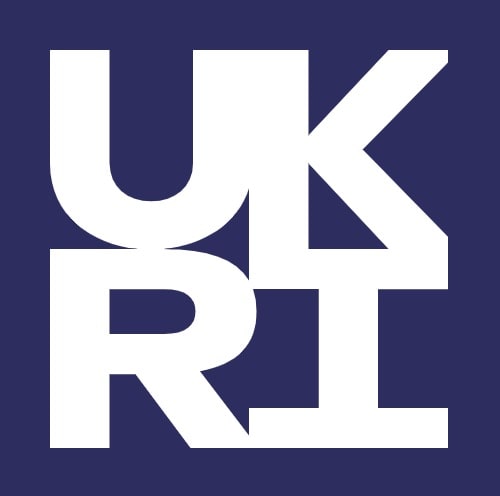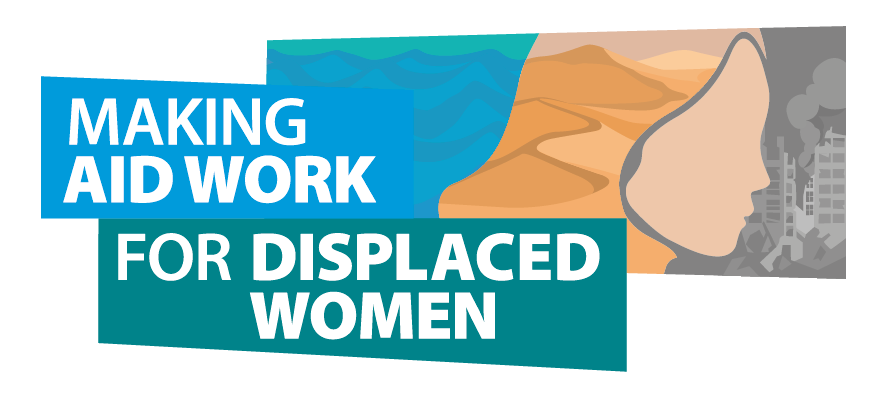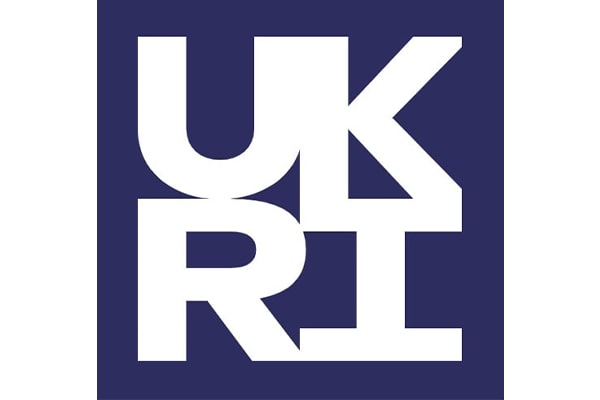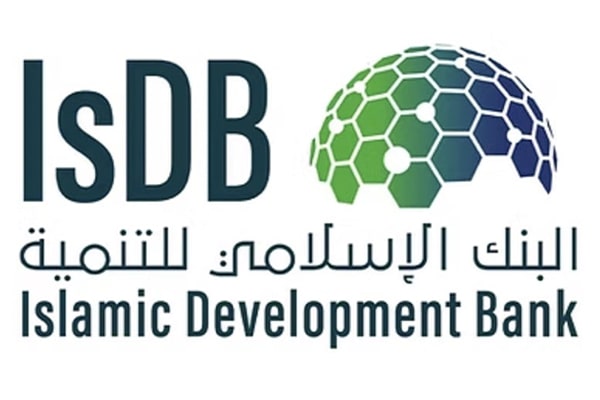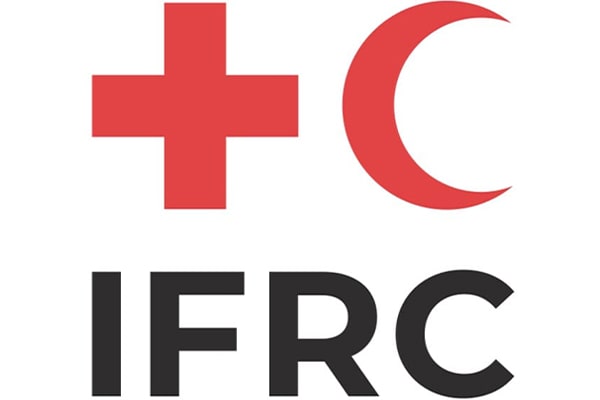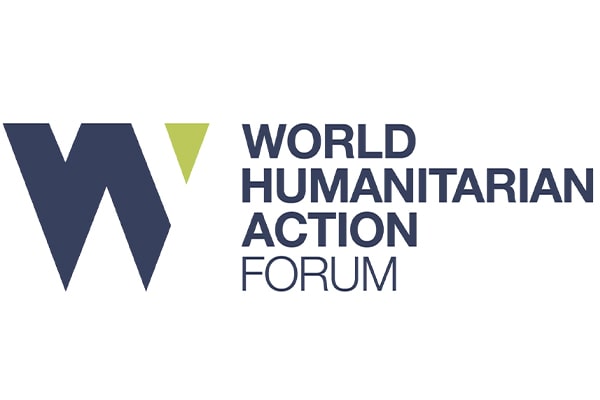
Launch of Policy Dialogue
in Geneva 28 October 2025
Background
With a forward-thinking approach to systemic change in the humanitarian sector, this policy roundtable aims to initiate a global conversation on engaging with Islamic philanthropy instruments to support women in cross-border and internal displacement. The focus shifts beyond fundraising to the values of protecting and assisting women and cultural proximity to address their complex and intersecting needs across migration and displacement routes – on the move, in transit and in places of refuge, as well in countries of origin upon return. The event builds on the UNGA Side-event “Addressing the Intersection of Conflict, Displacement, Refugees and Women’s Health” organised by KSRelief and UNFPA on 25 September 2024 and the 1995 conference organised by Sharjah and UNHCR on ‘Uprooted Muslim women’.
Despite ongoing humanitarian efforts to tackle protection concerns, the increasing scale of forced displacement has not been matched with the appropriate resources, capacity and political will to protect displaced women’s dignity and rights. While interest in Islamic philanthropy in the international humanitarian sector is growing to address urgent unmet humanitarian needs, its potential to assist displaced women is little understood. It is important to ensure that Islamic philanthropy principles would not be instrumentalised for fundraising but would be engaged with for their conceptual resources and ethical values, such as honouring and protecting the rights and dignity of women.
Diverse actors administering Islamic philanthropy in the Muslim-majority and Muslim- minority settings have responded to crises for centuries by drawing on various traditions and values. Theoretically, Islamic philanthropy actors may be well positioned, due to cultural proximity, to address women’s needs shaped by their socio-cultural backgrounds. But their contribution to the wellbeing and resilience of displaced women is under-explored.
Displaced women
Women in situations of displacement are disproportionally affected by crises due to pre-existing inequalities compounded in crises and subjected to increased risks of violence, exclusion, discrimination and exploitation across different locations and stages of displacement. More than 60 million women and girls who are forced to flee or stateless face high risks of gender-based violence [1] while at least 21.4% of all conflict-affected women refugees have faced some type of sexual violence. [2]
Displacement processes are feminised – women with and without children undertake dangerous journeys due to violence, climate emergencies, economic inequalities and other structural factors. Women and girls often travel alone, without relatives and financial resources. With ruptured social networks, lack of language skills and documentation, among others, they face increased risks of abuse in places of transit and refuge.
While women are often mischaracterised monolithic groups, they are, in reality, highly diverse and heterogeneous and have diverse needs. For example, as the majority of modern-day conflicts occur in Muslim-populated areas, a significant proportion of displaced women are Muslim, alongside minority women of various faiths residing in these contexts, with diverse needs.
In case of many Muslim women their religious identity may often inform their daily routines and their specific needs, such as maintaining modesty and dignity through religious clothing, sex segregation in shelters, female medical personnel, where possible, dietary requirements (halal), women-friendly cultural activities, women friendly education and livelihood opportunities and access to spiritual care and prayer/quiet spaces. Humanitarian actors need to deliver aid with intersectional sensitivity to safeguard displaced women’s dignity, for example, by paying attention to halal food security and design of dignity kits which can meet women’s needs and rights but also pay attention to spiritual care and sex segregation in camps and deployment of female staff to support refugee women and girls.
Objectives
The objectives of the event are to:
- Explore the role of Islamic Philanthropy in responding to the needs of diverse conflict-affected and displaced women along forced migration routes as well as in internally displaced/refugee camps and urban host communities, including migrants who fled for various reasons – including ramifications of political economy and climate change.
- Examine opportunities and challenges for Islamic philanthropist to promote the inclusion and protection of conflict-affected and displaced women in humanitarian settings as well as contribute to the prevention of sexual violence and other gender-based harms
- Exchange examples of good practices from Islamic philanthropy actors and initiatives that strengthen displaced women’s resilience and well-being by sensitively responding to their diverse needs (maternal health, mental health, spiritual needs, protection, livelihoods, education, preserving their identity etc.), including victims/survivors of sexual violence and torture
- Identify urgent research gaps and capacity building priorities in this area
Outcomes
The envisioned outcomes of the policy dialogue are:
- A roadmap for improved participation of Muslim humanitarian actors in restructuring the international humanitarian sector, placing women and their families at the centre of humanitarian response.
- A guidance note with minimum standards on ‘Making Islamic philanthropy work for women’, accounting for their complex and intersecting needs along forced migrant routes and in places of refuge.
Longer-term outcomes of this policy roundtable will lead to spearheading a series of policy dialogues – as high-profile global conversations – which aim to initiate a process for building better understanding between diverse actors, encourage technical exchange between Islamic philanthropy and mainstream humanitarian actors. By building dialogue to integrate sensitivity to intersecting needs of displaced women in Muslim settings, we aim to inform new models of Islamic philanthropy within the international humanitarian system. A guidance note on ‘Making Islamic philanthropy work for women’ with minimum standards and pilot training will follow incorporating outcomes from the policy dialogues.
The events will contribute to several SDGs, including 5.2., 5.2.2., 8.7., 16.1., 16.2 and SDG 10, target 7 to “Facilitate orderly, safe, regular and responsible migration and mobility of people, including through the implementation of planned and well-managed migration policies”. Also, they will support the OIC’s Plan of Action and specifically two resolutions (4/7-W and 11/8-W) adopted by the OIC Ministerial Conferences on Women (2018 and 2021) and the OIC Plan of Action for Advancement of Women (OPAAW). Also, this event will contribute to refreshing the conversation on the implementation of the OIC-UNHCR Ashgabat Declaration and creating a pledge for the Global Refugee Forum 2027.
Participants
The event will engage high-level individuals and senior humanitarian workers, Islamic philanthropy experts, academics and practitioners interested in exploring the potential of Islamic philanthropy to advance responses to women in displacement.
Format
The policy dialogue will begin with high-level introduction from the organisers and partners, followed by a background presentation of a policy briefing. An interactive roundtable discussion will follow on the basis of Chatham House rules for specialists to encourage inclusive and open dialogue concerning good practices and challenges in directing Islamic philanthropy resources to support women in conflict and displacement. Dialogue on potential guidance and minimum standards of protection and inclusion for Islamic philanthropy actors will follow to build capacities and mobilise commitments to support displaced women’s wellbeing and resilience.
Proposed agenda
- Welcome and introductions by organisers and partners
- Overview presentation about the event and key questions
- ‘What works?’ – illustrative examples of promising practices from Muslim states and humanitarian actors, showcasing what works in Islamic philanthropy to support displaced women effectively
- Roundtable discussions to develop guidance note and minimum standards for Islamic philanthropy actors
- Next steps and way forward – (2025-2028)
Location and date
Geneva 28 October 2025
28 October 2025
Co-hosts
UoB, ICRC, IFRC
Contact: [email protected]
“Making Aid Work for Displaced Women: Integrating Islamic Philanthropy and the International Humanitarian System to Improve Outcomes for Women” is a UKRI investment which explores how Islamic philanthropy can improve humanitarian work for displaced women by developing a new evidence base, innovative conceptual and financing solutions.
To register click here
Agenda
Agenda-Launch-of-Policy-Dialogue-overviewProject Funder
